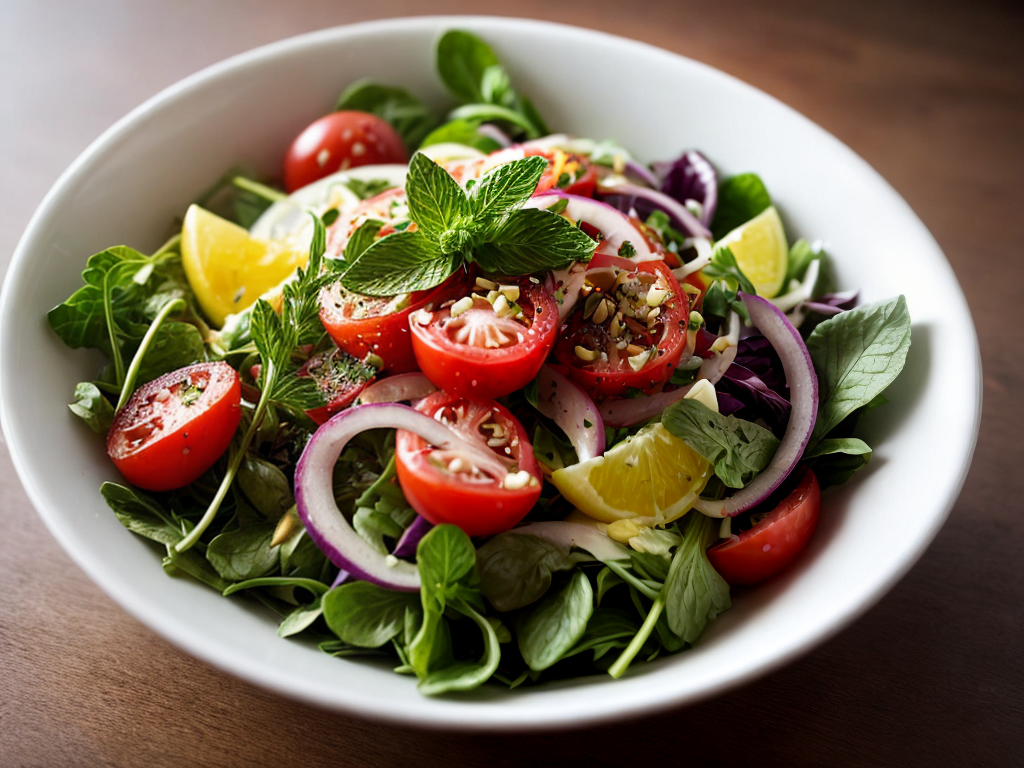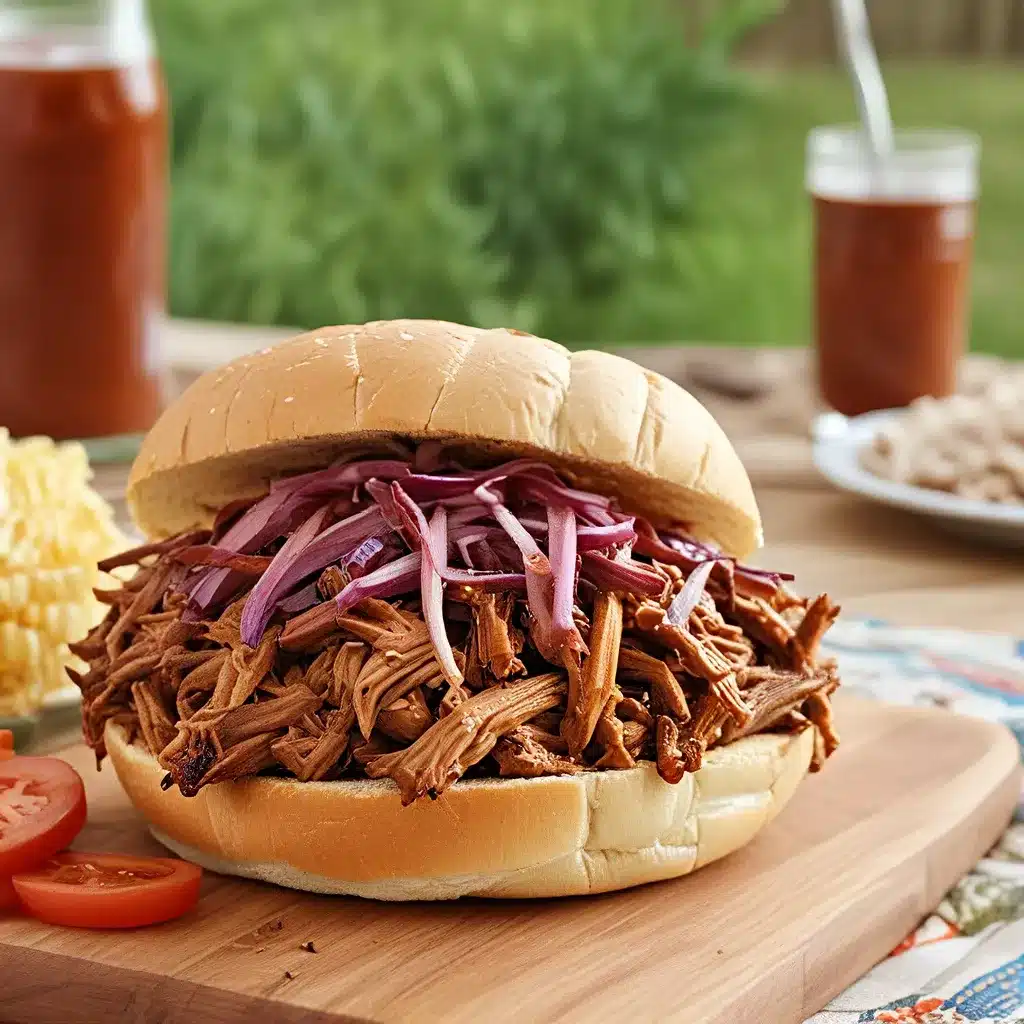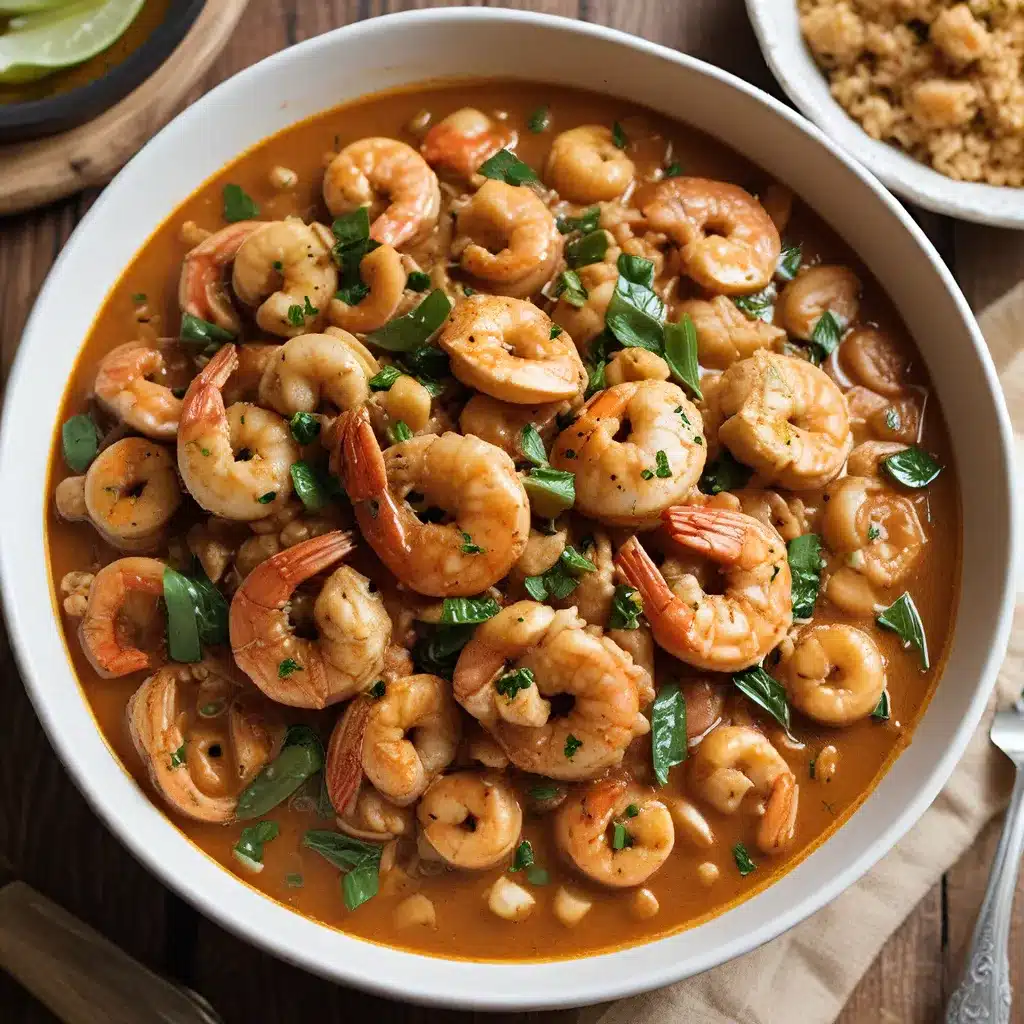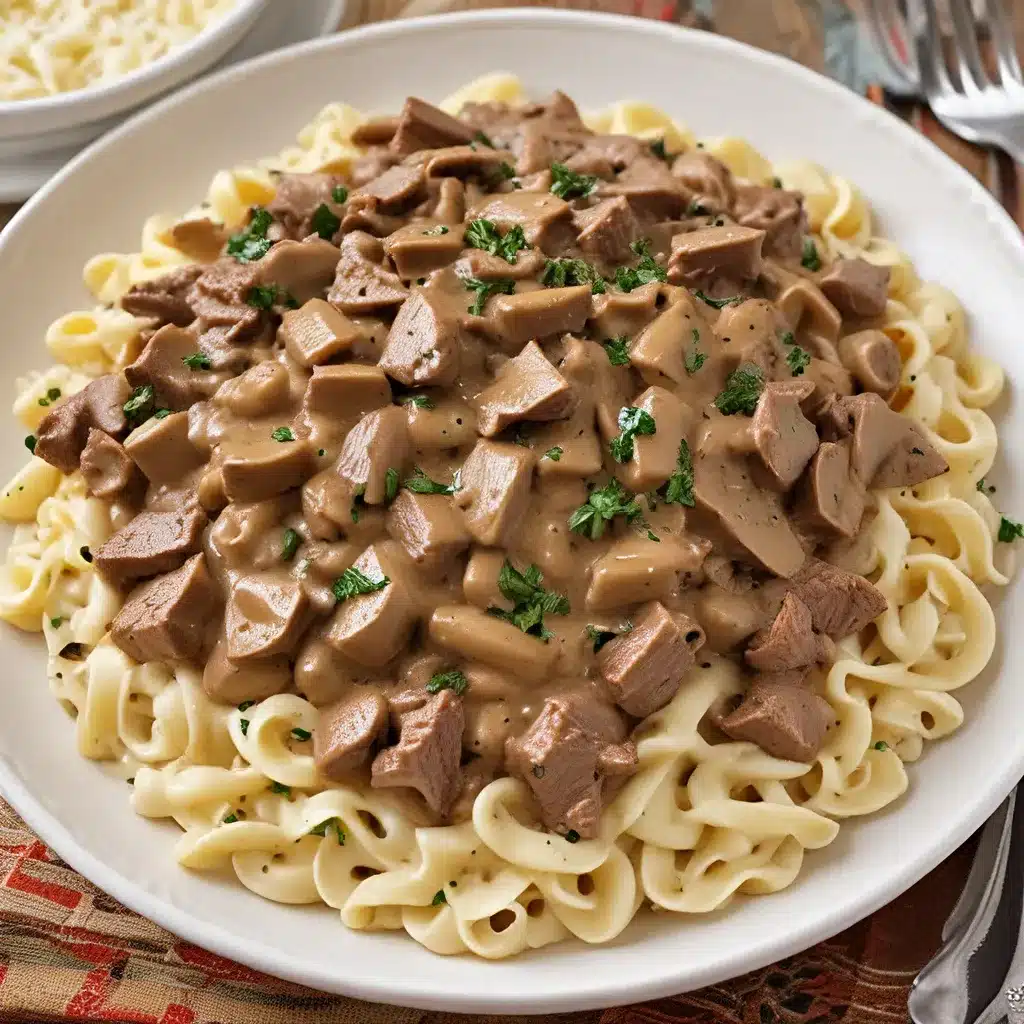
When I took a bite of a simple green salad with a handful of freshly chopped basil, my taste buds were instantly awakened by the burst of aromatic flavors. Fresh herbs have the power to elevate any salad from ordinary to extraordinary, adding a depth and complexity that can’t be replicated with dried herbs alone. But which herbs work best in salads and how can we create those flavor explosions? In this discussion, we’ll explore the benefits of using fresh herbs, discover popular herb options, learn how to pair them with different vegetables, and even explore unique herb combinations that will take your salads to the next level. Get ready to experience a whole new world of taste sensations!
Benefits of Fresh Herbs
Fresh herbs provide a burst of flavor and nutritional benefits to salads. Not only do they enhance the taste of our meals, but they also offer healing properties and can be preserved in various ways. When it comes to healing properties, herbs like parsley and cilantro are known for their detoxifying abilities, aiding in digestion and reducing inflammation. Basil and mint have been used for centuries to soothe upset stomachs and promote good oral health. These herbs contain essential oils that possess antimicrobial properties, fighting off harmful bacteria. To preserve the freshness and potency of herbs, there are a few methods you can try. One option is to store them in the refrigerator, wrapped in a damp paper towel and placed in a plastic bag. Another method is to freeze them in ice cube trays with a little water or oil. This way, you can easily add a cube of freshly preserved herbs to your salads whenever you need them. By incorporating fresh herbs into your salads, you not only elevate the taste but also gain the added benefits of their healing properties.
Popular Herbs for Salad
Some popular herbs that are commonly used in salads include basil, cilantro, parsley, and mint. These herbs not only enhance the taste and aroma of salads but also offer numerous health benefits. Basil, for example, is rich in antioxidants and has anti-inflammatory properties. It can promote digestion and boost the immune system. Cilantro is known for its detoxifying properties and can help remove heavy metals from the body. It also contains vitamins A, C, and K, as well as minerals like potassium and calcium. Parsley is another herb that is packed with nutrients, including vitamin C, vitamin K, and folate. It can support heart health and aid in digestion. Mint is known for its refreshing flavor and can help soothe an upset stomach. It also has antimicrobial properties and may improve brain function. Incorporating these fresh herbs into your salads not only adds flavor but also provides a range of health benefits, making your salads not just delicious but also nutritious.
Pairing Herbs With Vegetables
When pairing herbs with vegetables, it’s important to consider the flavors and textures that complement each other. Here are three key points to keep in mind:
-
Enhancing the flavors: Certain herbs have the ability to enhance the natural flavors of vegetables. For example, the earthy taste of rosemary pairs well with roasted root vegetables, while the bright, citrusy notes of cilantro can elevate the flavors of a fresh salsa.
-
Balancing the textures: The texture of herbs can add an interesting contrast to vegetables. For instance, the delicate, crisp leaves of basil can provide a refreshing crunch to a tomato and mozzarella salad, while the soft and tender leaves of mint can complement the crunchiness of snap peas.
-
Herb-infused drinks: Don’t limit herbs to just salads! Experiment with herb-infused drinks by combining vegetables like cucumbers or carrots with herbs like mint or basil. These refreshing and flavorful combinations can be enjoyed as a healthy alternative to sugary beverages.
To preserve herbs for future use, consider drying or freezing them. Drying herbs is a simple process that involves hanging them upside down in a well-ventilated area until completely dry. Freezing herbs can be done by chopping them finely and placing them in ice cube trays filled with water or olive oil. These frozen herb cubes can then be easily added to dishes whenever needed.
Creating Herb-Infused Dressings
To add a burst of flavor to your salads, try creating herb-infused dressings. Herb-infused dressings are a great way to elevate the taste of your salads and make them more exciting. One way to create herb-infused dressings is by making herb-infused oil recipes. These recipes involve infusing different herbs, such as basil, rosemary, or thyme, into a neutral oil like olive oil. Simply heat the oil and add the herbs, letting them steep for a while to infuse their flavors. Once the oil is infused, you can use it as a base for your dressings by adding vinegar, lemon juice, or other ingredients to create a delicious dressing.
Another way to incorporate herbs into dressings is by using them in marinades. Marinades are often used to flavor meats or vegetables before cooking them. By adding herbs like cilantro, parsley, or dill to your marinade, you can infuse your ingredients with a fresh and vibrant taste. Simply mix the herbs with other ingredients like garlic, lemon juice, and olive oil, and let your meat or vegetables marinate for a few hours before cooking.
Unique Herb Combinations to Try
I love experimenting with unique herb combinations to add a burst of flavor to my salads. Herbs have the power to elevate a simple salad into a culinary masterpiece. Here are three unique herb combinations that you must try:
-
Basil and Mint: The combination of basil and mint creates a refreshing and aromatic flavor profile. This combination works well in salads with fruits like watermelon or strawberries. It adds a unique twist and a burst of freshness that will leave your taste buds wanting more.
-
Rosemary and Thyme: The combination of rosemary and thyme brings a savory and earthy taste to your salads. These herbs pair well with roasted vegetables or grilled meats. Their aromatic flavors enhance the overall taste and make your salad more satisfying.
-
Cilantro and Dill: The combination of cilantro and dill adds a zesty and tangy flavor to your salads. It works great with Mediterranean-inspired salads or those with a citrusy dressing. These herbs provide a vibrant and refreshing taste that will awaken your palate.
In addition to using these herb combinations in salads, you can also experiment with them in other culinary creations. Try infusing them into cocktails for a unique twist or incorporating them into desserts for a surprising burst of flavor. The possibilities are endless when it comes to using herbs to enhance your culinary experience. So go ahead, get creative, and let the flavors explode in your salads and beyond!
Tips for Growing Your Own Herb Garden
After exploring unique herb combinations to enhance the flavor of your salads, it’s time to delve into some tips for growing your own herb garden. Whether you have a spacious backyard or a small apartment, container gardening and indoor herb gardens are great options for cultivating fresh herbs right at home. Here are some essential tips to get you started:
| Choose the Right Containers | Provide Adequate Light | Water Regularly |
|---|---|---|
| Select containers that have good drainage to prevent waterlogging. Opt for pots with a diameter of at least 6 inches. | Place your herb garden in a location that receives at least 6 hours of direct sunlight per day. If natural light is limited, consider using artificial grow lights. | Herbs prefer moist soil but avoid overwatering. Water the plants when the top inch of soil feels dry. Be careful not to let the roots sit in standing water. |
| Harvest Regularly | Control Pests Naturally | Fertilize as Needed |
|---|---|---|
| Regular harvesting promotes bushier growth and prevents herbs from flowering too soon. Trim no more than 1/3 of the plant at a time. | Avoid using chemical pesticides on your herbs. Instead, use natural methods like companion planting or homemade sprays with ingredients like garlic or neem oil. | Some herbs benefit from occasional fertilization. Use a balanced organic fertilizer or compost to provide necessary nutrients. Follow the instructions on the package for application rates. |
Conclusion
Fresh herbs are a game-changer when it comes to salads. Not only do they add vibrant flavors, but they also offer numerous health benefits. From classic choices like basil and cilantro to unique combinations like mint and watermelon, the possibilities are endless. Don’t forget to experiment with herb-infused dressings to take your salads to the next level. And if you have a green thumb, consider growing your own herb garden for a constant supply of these flavor explosions.







